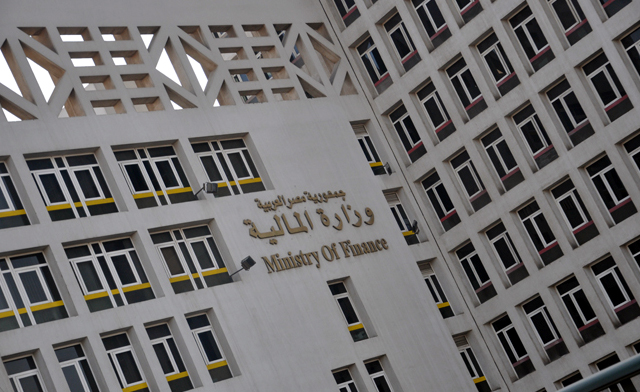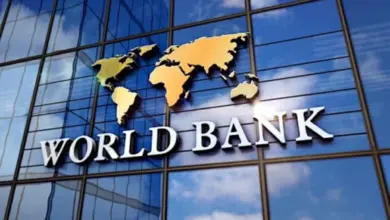
Egypt expects greater investment and ongoing fiscal reforms to boost economic growth in the 2015/16 fiscal year to 4.5-5 percent and shrink its budget deficit to 9.5-10 percent of gross domestic product (GDP), the finance ministry said on Wednesday.
The government is pushing an economic agenda focused on reforming taxes and subsidies while attracting billions of dollars from foreign investors scared away by political turmoil that began with a 2011 uprising.
The finance ministry said in a preliminary statement about next year's budget that it would continue to cut subsidies gradually and make cash transfers to the poor, which make up about 40 percent of Egypt's 90 million people.
Economic growth slowed to two percent in 2011, but recovered to 5.6 percent in the last six months of 2014. The International Monetary Fund expects growth to reach four percent in the current fiscal year ending on June 30.
The budget deficit, long beset by costly fuel and bread subsidies, is set to exceed 10 percent for the same period.
Investors have praised Egypt's reforms, including a five-year plan to eliminate energy subsidies which began last summer without sparking popular unrest. The government clinched deals worth $36 billion at an investment conference last weekend.
The finance ministry said it would boost spending on infrastructure as well as education and health. A value-added tax is also part of the reform agenda, but it is not clear when that would be introduced.




